RISKY REVELRY
In India, the Supreme Court has partially lifted the ban on firecrackers for Diwali 2025, allowing “green crackers” that are designed to be less polluting.
.jpg) Representative Image / Wikipedia
Representative Image / Wikipedia
Diwali, the festival of lights, is celebrated with joy, colors, and fireworks by Indians around the world—from India to the U.S. and Canada, to the UK and Australia. Firecrackers have long been part of the tradition, lighting up the night sky and adding to the festive cheer. But the joy comes with concerns. Every year, discussions flare up about the health and environmental impact of fireworks.
In India, the Supreme Court has partially lifted the ban on firecrackers for Diwali 2025, allowing “green crackers” that are designed to be less polluting. Yet experts caution that these are only partially safer. They reduce emissions and particulate matter but are not pollution-free. Heavy metals from fireworks can contaminate soil and water, while leftover debris contributes to litter and microplastics. Fireworks also pose a direct health risk—eye injuries and burns are common, and the smoke worsens respiratory problems.
In the US and the UK, where large Indian communities celebrate Diwali, fireworks are regulated strictly. Many states in the US ban consumer-grade firecrackers, favoring professional displays, while the UK limits noise and requires designated areas. The same health and environmental concerns apply, even if celebrations are smaller.
Enforcing green crackers in India is also challenging. Counterfeit products, higher costs, limited availability, and low public awareness make it difficult to ensure only certified crackers are used. Police cannot easily distinguish them from regular crackers, reducing the effectiveness of the regulation.
Alternatives are emerging. Communities and families are exploring light shows, lantern releases, outdoor movie nights, and eco-friendly events. Such celebrations reduce pollution, minimize health risks, and still keep the festival spirit alive.
The debate is also cultural. For the diaspora, fireworks are a way to stay connected to tradition, but growing awareness of health and environmental issues is changing how people celebrate. Whether in India or abroad, it is clear that Diwali can be joyful without causing harm—if communities choose creativity, sustainability, and safety over smoke and noise.
ADVERTISEMENT
ADVERTISEMENT
E Paper
Video



1759953093.png) Staff Reporter
Staff Reporter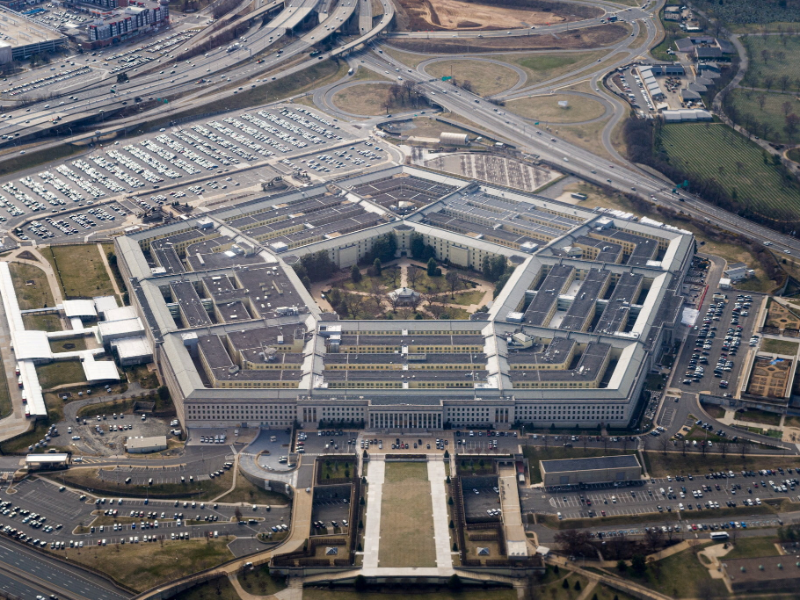



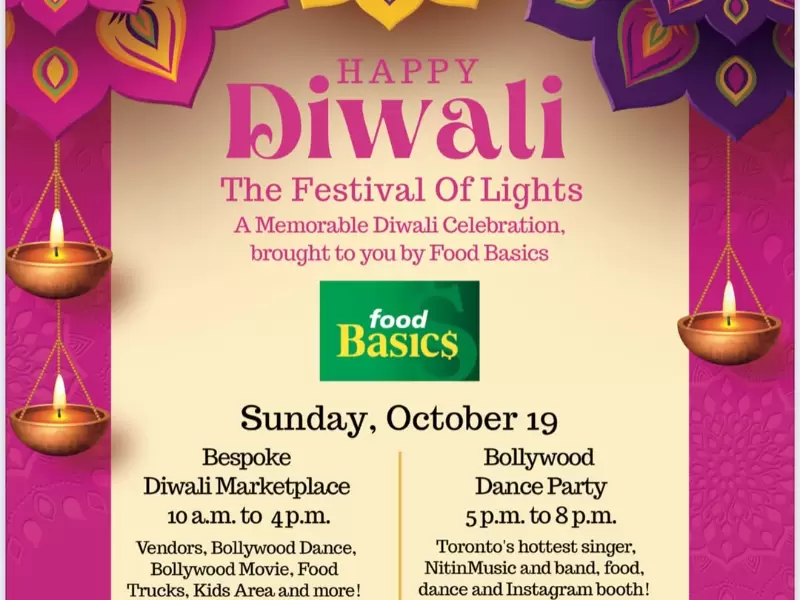
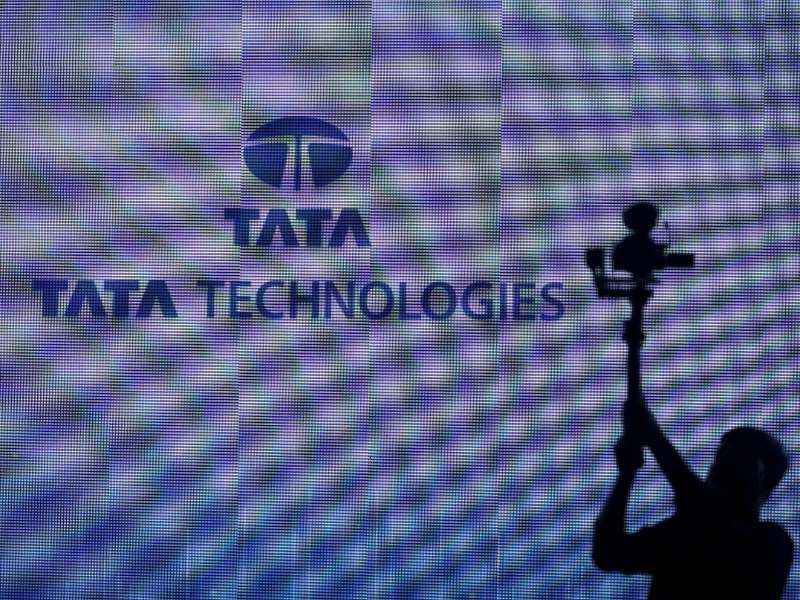

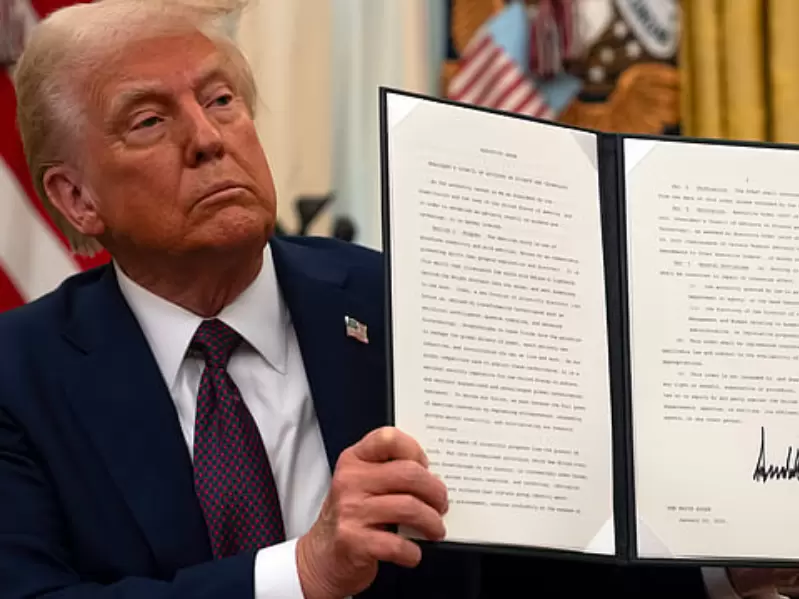
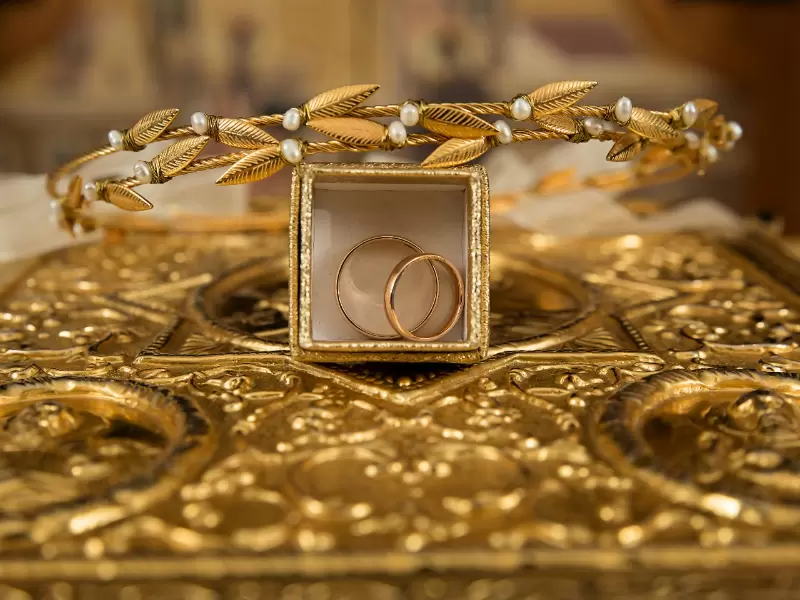
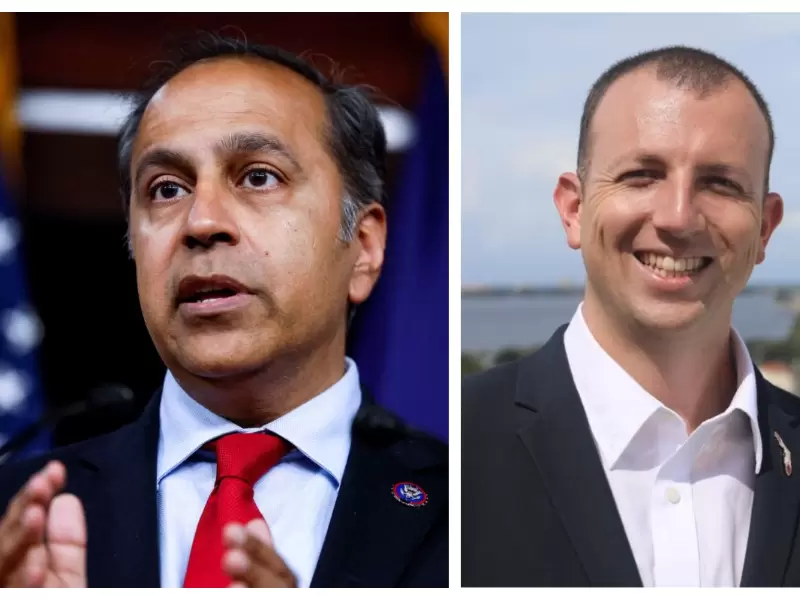
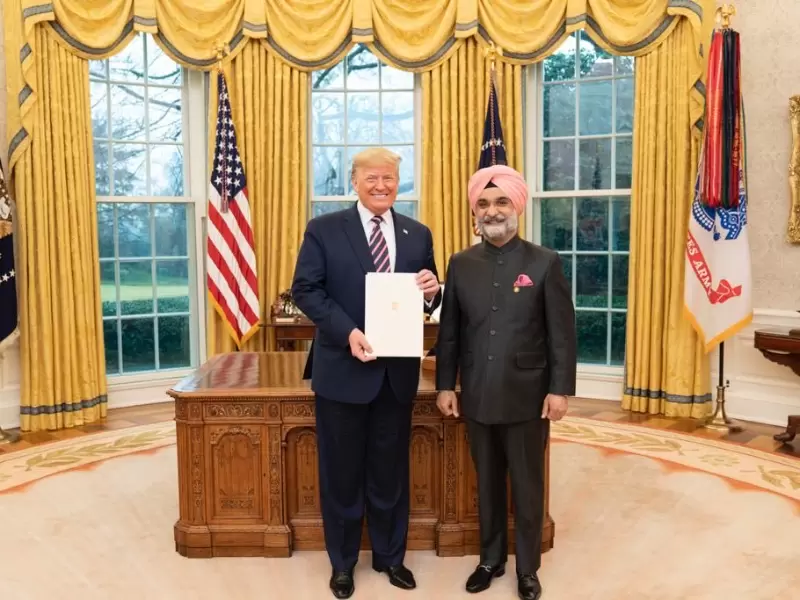



Comments
Start the conversation
Become a member of New India Abroad to start commenting.
Sign Up Now
Already have an account? Login